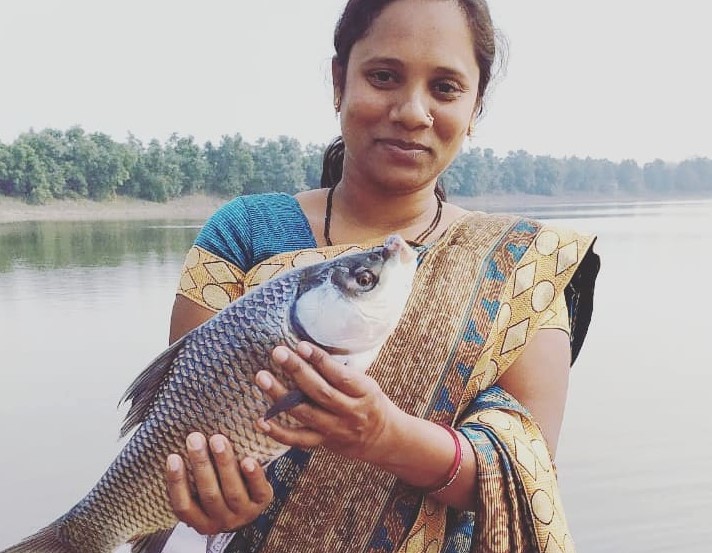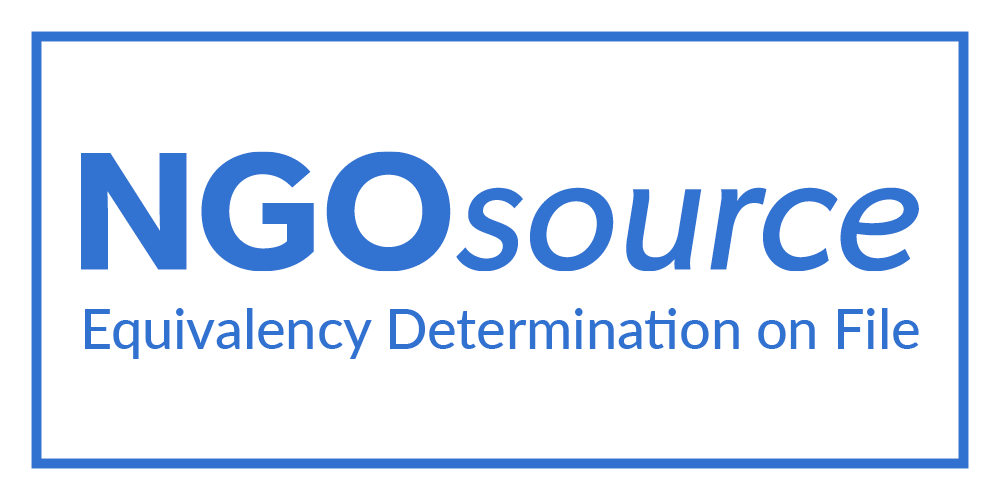India’s farmers have cultivated fish for centuries; it’s now the second-largest fish producing nation in the world. Women on Wings’ newest business partner Centre for Aquatic Livelihood | Jaljeevika aims to elevate the socio-economic status of fishing communities and specifically women farmers whose livelihoods depend on productive water bodies. And in doing so, it inherently contributes to food and nutritional security in rural India.
Women’s participation in fisheries
This social enterprise, headquartered in Pune in the Indian state of Maharashtra, specifically promotes women as farmers in the fisheries sector across India. Jaljeevika is convinced that by increasing the participation of women in aquaculture, this will not only enhance the family income, but also a woman’s decision making in her family and leadership in the community. Earlier in May, Women on Wings and Jaljeevika entered a partnership which aims to co-create more employment opportunities for rural women.
Making fisheries sustainable
The interplay between fish farmers and the productivity of aquatic bodies shapes each other. The fisheries sector in India engages over 14.5 million people as primary producers and millions more along the value chain. Transformation of the fisheries sector from traditional to commercial scale has led to a huge increase in fish production.
Though Jaljeevika enables farmers to learn affordable and sustainable aquatic farming practices to lessen impacts on water purity and other marine life, its priority for small-scale fisheries is to secure and improve the benefits they provide by increasing their resilience to ecological, social and economic change.
Improving rural Indian livelihoods
Jaljeevika’s brood banks, community-based hatcheries and the utilization of small and seasonal tanks as seed nursery units in small water bodies and small reservoirs offer immense scope for livelihood generation – as a gainful enterprise, as a quality nutrition supplement and as a viable business for women and men fish vendors in the local markets. What’s more, this offers immense potential to improve the livelihoods of socially excluded communities.
Jaljeevika works on addressing several bottlenecks to make fishery-related livelihood activities profitable. For instance, fish farmers used to trade the fish to local vendors but due to lack of technical support, specialized knowledge centers, or investment linkages, these local vendors are unable to provide long term value to small scale fish farmers.
Collaborative approach to safeguard social and environmental impacts
Jaljeevika does not act alone, it brings together a network of stakeholders, like local organizations, technical experts, policy analysis and advocacy groups, natural resource management and livelihood supporting agencies, to develop end to end value chains for the small-scale fisheries sector.
By providing better resource management, institution building, technology transfer, access to credit and markets, Jaljeevika supports livelihood generation without creating adverse socio-economic and environmental impacts.
Learn more about why Women on Wings supports social enterprises and why a job makes a difference for rural women.


